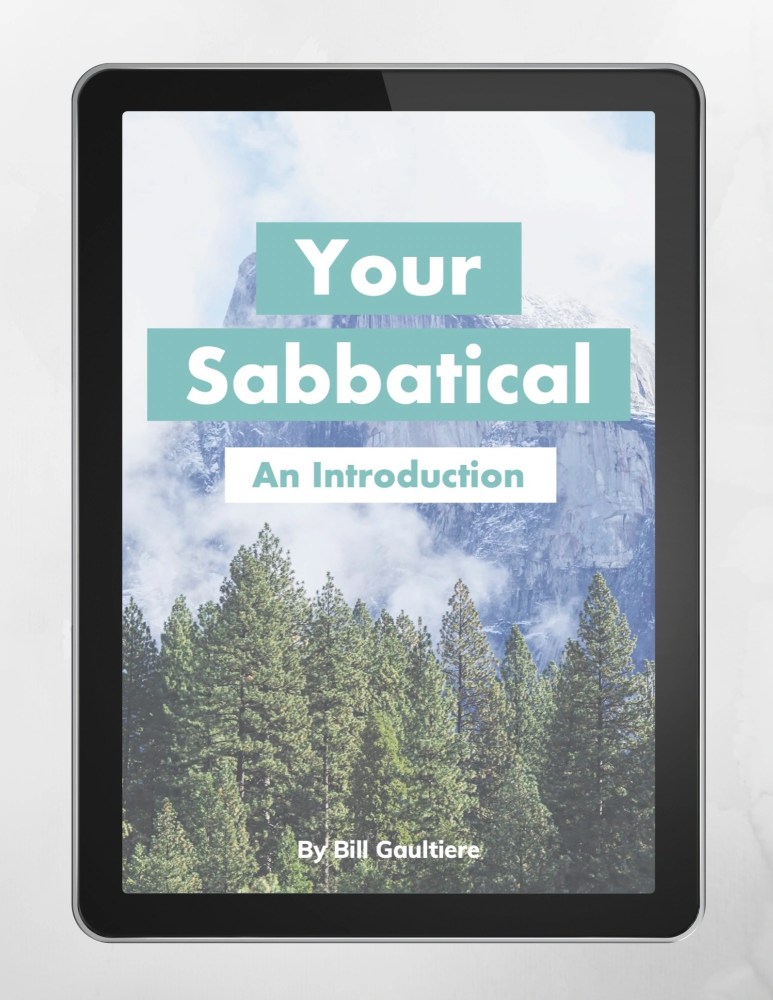Most days we find ourselves up close to someone we’d rather not deal with. (And often it’s a family member or friend!) Perhaps the person is critical of you or angry. Or he or she is in a bad mood and keeps complaining. Or maybe it’s someone who is emotionally needy and seems to suck the life out of you.
Are you normally able to offer a blessing to someone like this? To bless the one who has “cursed you” as Jesus taught? (Matthew 5:44, Luke 6:28).
Many sincere Christians are not able to be kind to difficult people. Interacting with someone unpleasant disturbs their peace and causes them to react in ways that are not loving.
We probably all struggle with being kind to difficult people more or less from time to time. What’s our problem?
What’s in your Body?
Unless kindness is living in your body it won’t come out of you when you are under stress. Instead, you’ll be anxious and irritated, if not angry and rude. Under the pressure of the moment, you can’t force kindness and have it come across genuinely. Maybe occasionally you’ll seem to be able to do so, but not consistently. It’s like a withering apple tree trying to grow apples.
You’ve got to get into the position in which you believe you’re awash in a world filled with kindness towards you that you don’t deserve and you’re singing in your soul to be so blessed! Of course, this comes as we trust in Jesus Christ and learn to live moment-by-moment, appreciating our grace-opportunity to be a part of the kingdom of the heavens.
Haste Makes Waste
A probable reason why we may not be consistently enjoying and sharing the loving-kindness of Christ is if we are in too much of a hurry. Rarely does anything good come from hurry. “Haste makes waste” and in this case, the waste is aloofness or harshness toward other people who need a blessing. (Difficult people especially need God’s kindness!)
Hurry is usually accompanied by pride (“I have so much to do that is so important.”), anger (“Don’t hinder me from accomplishing what I want to do now”), and worry or fear (“If I take the time to care for you it will hurt me and I won’t have enough time or energy for what I need”). Hurry cuts us off from experiencing God’s grace because we’re relying on our own speed or abilities and not on God.
Learn to be Unhurried
Learning to live at a slower, more relaxed pace enables you to be more patient and gracious with other people. To do this, you need to practice the Sabbath. You need regular periods of time in which you do no work and your only objective is to enjoy God and the blessings he provides you with.
To be unhurried in your approach to life, you need to train your body to rest from “productive” activity and the other stimulation in your environment like your phone, Facebook, or the television. You need to learn that real rest of soul is not found in entertainments and diversions but in the embrace of Jesus.
Sabbath and Solitude
The best way to learn that it’s really true that “the joy of the Lord is my strength” (Nehemiah 8:10) and “he restores my soul” (Psalm 23:3) is by regularly setting aside extended hours of silence and solitude, perhaps enjoying nature, taking a walk with Jesus, or meditating on a passage of Scripture. (Another contrasting way is through participating in grace-giving relationships with a friend or a counselor.)
Most Christians I talk to, including many pastors, are just too busy and too hurried to stop on a regular basis and take a day or even half of a day for solitude. Truth be told they’re afraid to stop all their activity and feel all the unrest in their soul. And they’re afraid to have their pride collapse when they discover that the world gets along fine without them.
So they try hard to be kind because they know it’s right, but they often find they just don’t have the power to be gracious like they want. They don’t have the power because they’re not tapping into the Power source — they haven’t taken the time to dig deep roots in the compassion and kindness of Christ.
The Psalm 1 man is like the tree that over time roots itself by streams of living water. He doesn’t need to try to force out fruit! It grows naturally from him, even in a drought because he has learned to make significant space to find his nourishment in the words of God.








